What is Research Paper Editing?
Research paper editing is the process of reviewing and improving a research paper to make it clear, well-organized, and error-free. It involves checking and correcting grammar, spelling, and punctuation errors.
Other than that, the editing process makes sure that the paper follows a logical structure and is written clearly and concisely. Editors also look for consistency in writing style and formatting.
Unlike revising, which primarily focuses on restructuring and refining the content and overall argument, editing hones in on the finer details of language, style, and formatting.
What are the Different Types of Research Paper Editing?
There are different editing processes for research papers. All of them have the same focus, to take the research document toward perfection. You have to use a combination of these editing types to make sure your paper is as close to perfection as it can be.
Content Editing
- Purpose: Analyze the organization and presentation of the research paper
- Focus: Ensures the paper makes sense, has a good flow, and develops and communicates arguments clearly
- Questions to Address: Does the paper have logical consistency, and are there any major gaps in reasoning?
Copy Editing
- Purpose: Focuses on corrections related to spelling, punctuation, grammar, word choice, and overall writing quality
- Focus: Enhances the overall quality of writing while editing research papers
Line Editing
- Purpose: A 'line-to-line' check focusing on word choice and writing impact, similar to copy editing
- Actions: Involves making changes to strengthen the paper, addressing issues like imitative phrasing and run-on sentences
- Focus: Emphasizes clarity and simplification to ensure the meaning is clear and not overly complex
Mechanical Editing
- Purpose: The final editing step after addressing structure, content, coherence, style, flow, grammar, and word choice
- Focus: Ensures strict compliance with the style guide specified by the chosen journal for publication
Once your paper goes through each strategy and steps in the process of editing one by one, it becomes ready for submission to a journal or presentation.
Strategies for Editing Your Research Paper
Here are the vital strategies that your research paper editing process should go through. Follow these, and you'll have a well-polished paper ready for submission.
Double-Check the Outline
“How to edit a research paper outline?”
Before getting into the nitty-gritty of editing your paper, take a moment to double-check your paper’s outline. The outline serves as the roadmap for your paper. It guides both the readers and yourself through the logical progression of ideas.
Here’s how to edit a research paper outline:
Confirm Structural Coherence
The structure of your paper should align with the outlined plan. Each section should naturally lead to the next, creating a natural progression of ideas.
Check Transitions
Review transitions between paragraphs and sections. Smooth transitions enhance the readability of your paper. This makes it easier for readers to follow your thoughts.
Outline Accuracy
Verify that your outline accurately represents the content of your paper. Each point in your outline should encapsulate the essence of the corresponding section in your research paper.
You should never skip checking the outline in editing research papers. An accurate outline lays the foundation of polished and well-presented academic work.
Edit in Stages
Editing research papers becomes very tedious if you try to edit different aspects of the paper without a plan.
For example, while reviewing your paper for mistakes, you discover a logical error in the outline. You jump straight to correcting it and after that, you notice a factual error. You start working on correcting that as well. This is the wrong approach!
- This approach takes too much time, and you might lose track of what you’re actually doing
- It is always a great practice to break down the editing process into phases
- You should devise a plan that breaks down what issues to fix first
As a result, editing research papers will be much easier, and you’ll have a focused approach throughout.
It's a personal preference whether you want to tackle grammar or punctuation first, or focus on the overall logical structure of your research paper.
Make Your Paper Logically Sound
With a solid outline in place, shift your focus to verifying the overall logic of your research paper. It's important for a reader to understand something logically.
Here's how you can enhance the logical coherency of your paper:
- Organize Your Paper Effectively
Start by looking at how your paper is organized. Make sure your research paper introduction, literature review, methodology, discussion, and results follow a clear and logical order. Each part should fit together smoothly.
- Establish Logical Connections Between Ideas
Think about how your ideas connect. Check that each point logically leads to the next. Your paper should read like a coherent story, with one idea naturally flowing into the next.
- Maintain a Consistent Tone
Throughout the writing process, maintain the same tone in your paper. Avoid sudden changes in tone that might confuse your readers. Make sure your tone matches the formal nature of academic writing.
One thing to note here is that each sentence in your paper should somehow support the thesis statement. There should be no contradictions in your writing.
Edit Out any Grammatical or Punctuation Issues
To make your writing clear and professional:
- Focus on fixing grammar and punctuation issues. Check each sentence for problems like wrong verb use or confusing structure
- Pay attention to using commas, periods, and other punctuation marks correctly, and keep the style consistent
- Make sure each sentence is easy to understand and says what you mean
- Use spell check to catch any misspelled words, especially in technical terms
Tools like Microsoft Word can significantly improve your grammar by offering built-in features such as grammar check, style recommendations, and thesaurus as well.
Verify Adherence to Guidelines
One of the vital steps in editing research papers is to make sure that your paper aligns with the required research paper format and guidelines. Check the instruction manual provided to you by the concerned publication or the journal.
Verify Source Accuracy
Verifying that your research paper sources are accurate. Make sure that your in-text and bibliographical citations are correct, and that they follow the required formatting guidelines (e.g., APA, MLA, Chicago).
- All references should follow a consistent formatting style throughout your paper
- Double-check that your in-text citations accurately correspond to the sources you've referenced
- Confirm that all necessary details are included in each reference, such as authors' names, publication titles, and publication dates
- Cross-verify against your sources to guarantee accuracy and completeness
Seek Feedback
Don't hesitate to ask others for their thoughts on your work. Seeking feedback is like having a fresh pair of eyes on your paper. It helps you catch things you might have missed and gives you different perspectives.
Share your paper with peers, colleagues, or mentors and ask for their opinions. Are your ideas clear? Does your argument make sense? Feedback helps you improve your paper before submitting it, making sure it meets the expectations of your audience.
Do a Final Analysis of Your Research Paper
The final step is to analyze your paper for one final time. In this step, you should look out for the following key points:
- Modifiers
Think about changing sentences that have extra describing words.
- Use Active Voice and Step-by-Step
Make sure everything has been described by using an active voice.
- Keep It Short
Rephrase any sentences that seem too long. Break them to enhance the clarity of your text.
Here are some more tips to fine-tune the editing process:
- Fact-Checking: Cross-reference data, figures, and citations with original sources to confirm accuracy and reliability.
- Simplify Sentences: Rewrite complex or lengthy sentences to make them clear and easy to understand.
- Eliminate Redundancy: Remove repetitive ideas or phrases to keep the content concise and focused.
- Check Visuals: Verify that figures, tables, and captions are correctly labeled and aligned with the text.
- Review Keywords and Abstract: Fine-tune the abstract to accurately summarize the research and include relevant keywords.
Now that we have addressed every strategy to edit a research paper, following a checklist always comes in handy. An editing checklist makes sure that you never miss out on even the smallest of details.
Here is a great video that brilliantly explains and simplifies how to edit research papers effectively:
Research Paper Editing Checklist
For precise editing, a research paper checklist will always help you out. Below is a comprehensive checklist to follow:
Aspect | Checklist Items |
Content and Structure | - Clear thesis and aligned research question - Logical structure and smooth transition - Well-supported arguments without unnecessary details |
Language and Style | - Correct grammar and punctuation - Varied sentence structures - Clear and concise language without jargon - Address run-on sentences - Verify subject-verb agreement |
Formatting and Citations | - Consistent document formatting - Accurate research citations, both in-text and bibliographical |
Review and Feedback | - Peer feedback considered and addressed - Optional: Professional editing services explored |
Final Proofreading | - Corrected typos and spelling errors - Read aloud for clarity and coherence - Check and correct abbreviations and punctuation marks |
Compliance with Guidelines | - Adherence to specific guidelines and additional instructions |
Check out our blog on research paper examples if you want to get help from perfectly edited research documents.
How to Edit a Research Paper - Examples
Look at the following examples of how to edit a research paper for a better understanding.
Useful Tools for Editing Your Research Manuscripts
There are a number of tools students can use to edit their research documents. You may have heard or used some of them, but we’ve made a list of the best resources you can use to refine your writing.
- Grammarly
A powerful grammar and spelling checker that also improves clarity and style. - Hemingway Editor
Highlights complex sentences and passive voice to make your writing more concise and readable. - ProWritingAid
Offers in-depth analysis of grammar, readability, and writing style with detailed reports. - EndNote
A reference management tool that helps format citations and bibliographies with ease. - Turnitin
Ensures your manuscript is plagiarism-free by checking it against a massive database. - LaTeX
Perfect for researchers, it helps format your manuscript, especially if it includes equations and references. - Zotero
Simplifies organizing and citing sources for academic writing. - Google Docs
Great for collaborative editing and tracking changes in real time.
To conclude, the entire process of editing, from content to mechanical details, transforms your research paper into a polished and cohesive masterpiece. Each step addresses distinct aspects and guarantees clarity, precision, and compliance with publishing standards.
By following this guide, you can be sure that your edited research paper possesses the quality to meet the highest academic standards. With the strategies provided above, we understood how to properly edit a paper. We now hope that you feel confident about editing your research papers.
However, letting professionals handle your research papers is also a great idea!
You may not have the time to edit your research document, or you might be having a difficult time trying to make your paper error-free. This is where SharkPapers.com will lend you a helping hand.
We have professional editors who provide research paper editing services for cheap! Give our paper writing service online a visit, tell us what sort of edits you require, and leave the rest to us!
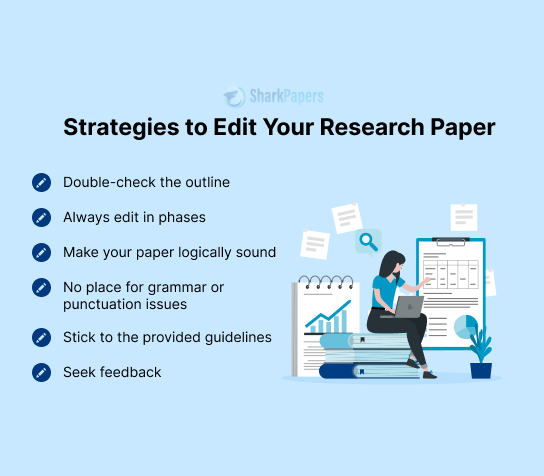

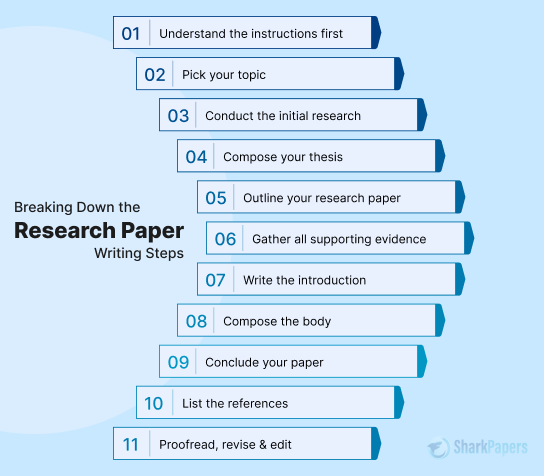






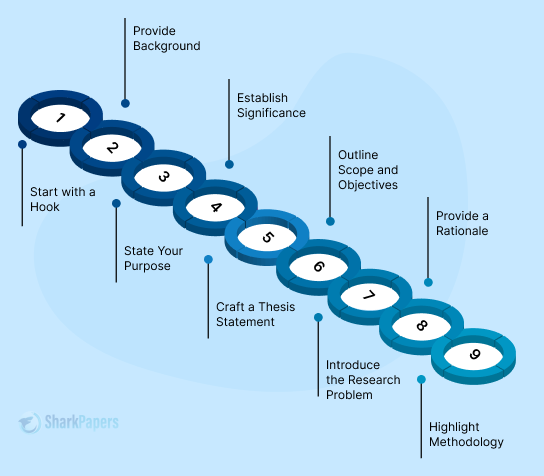
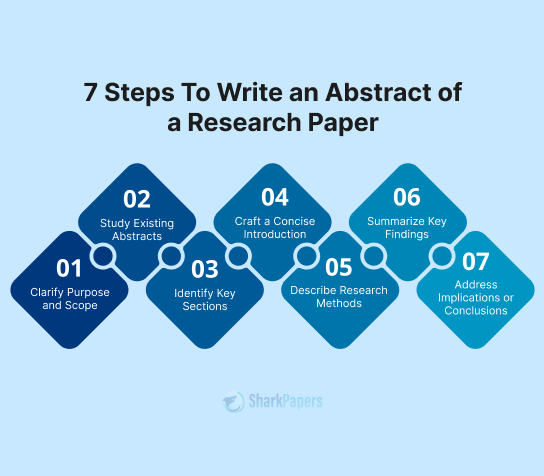
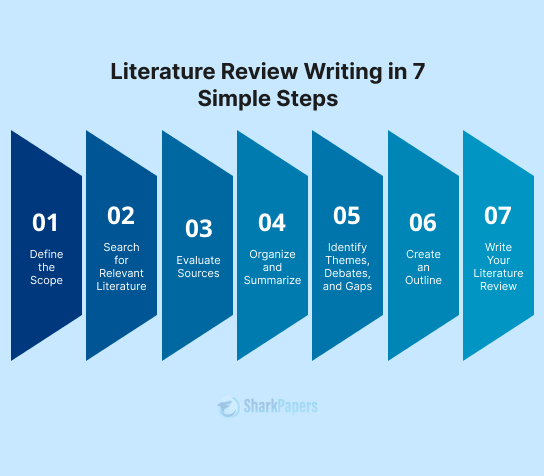
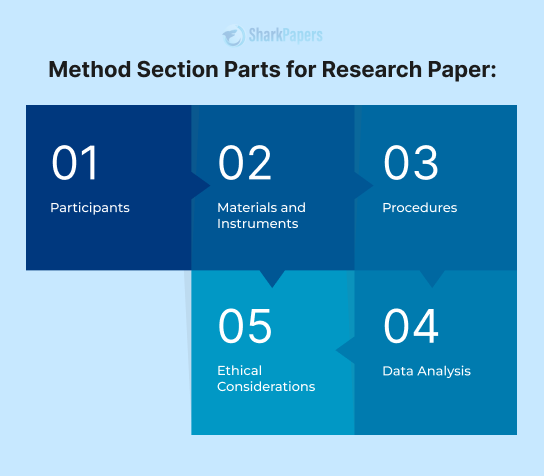
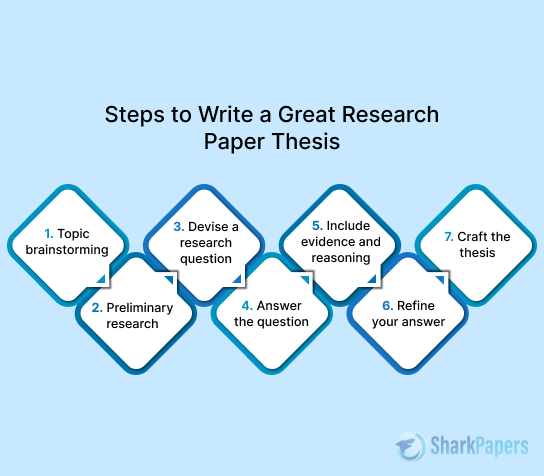
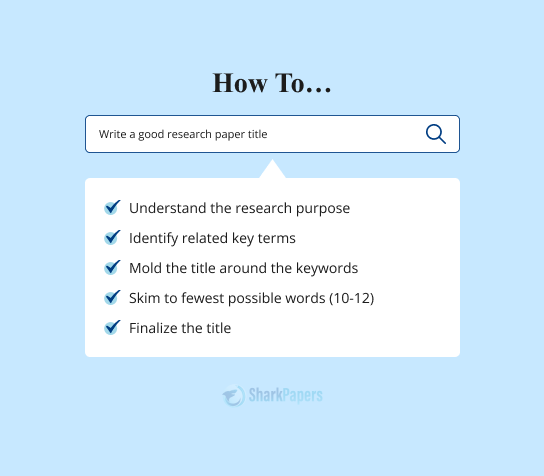
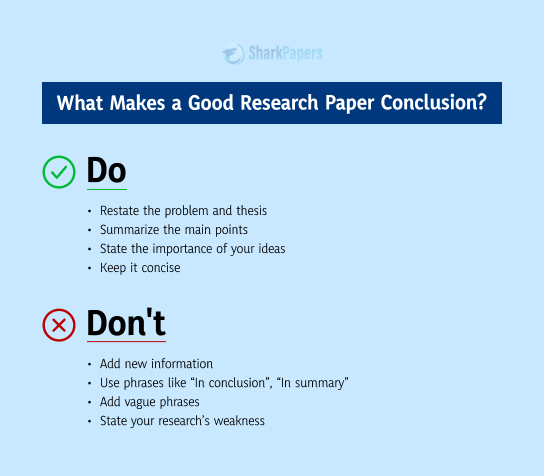
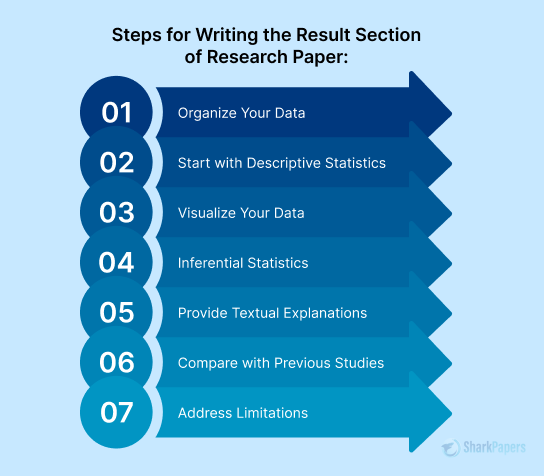
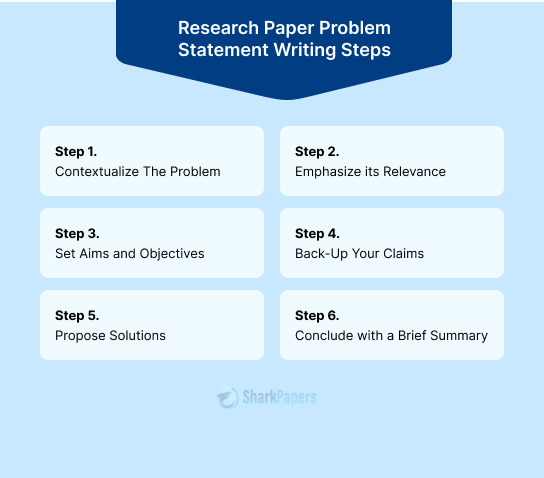
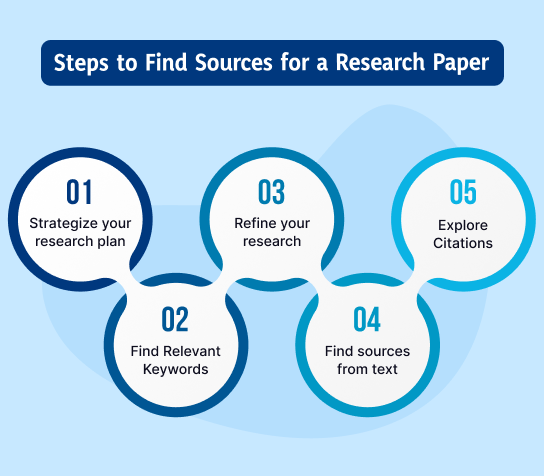
)
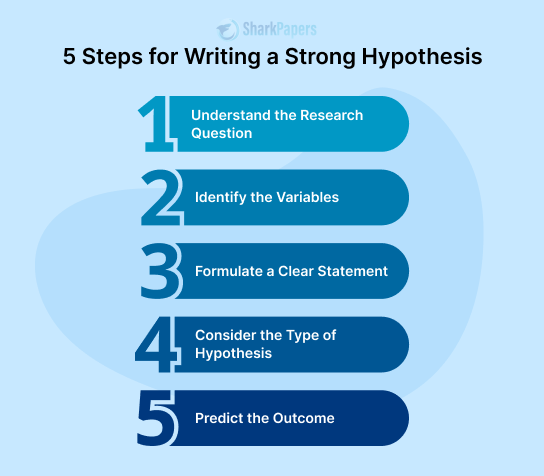
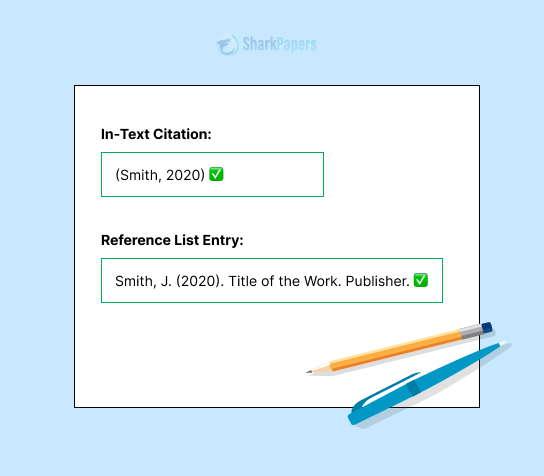
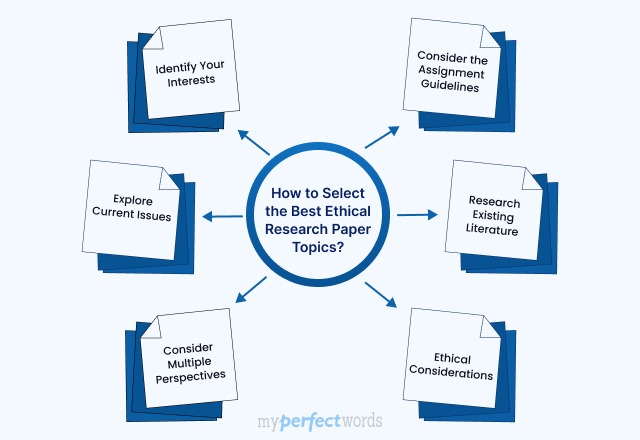
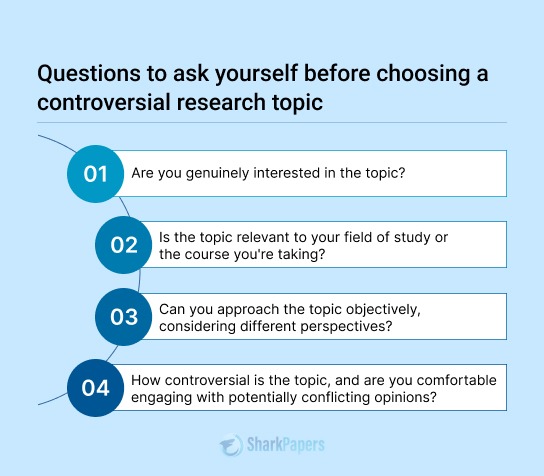
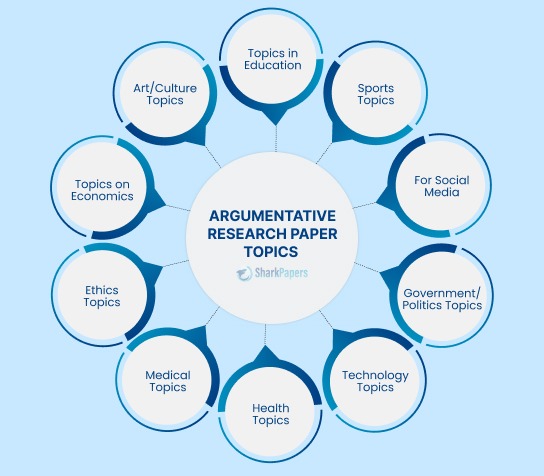
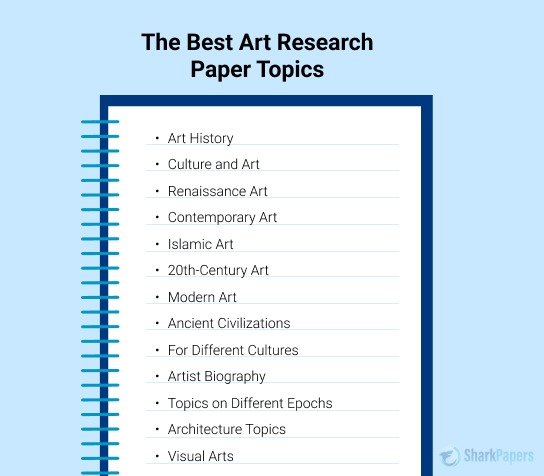
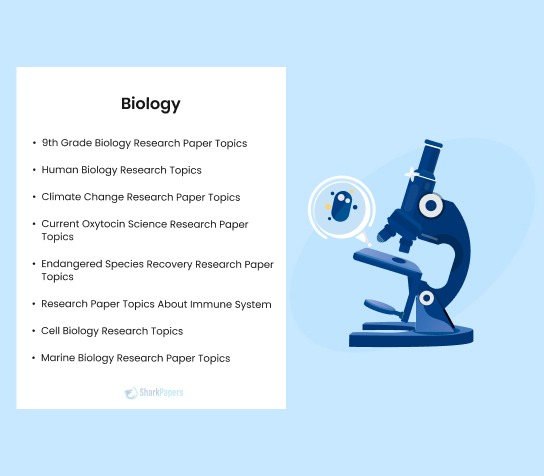

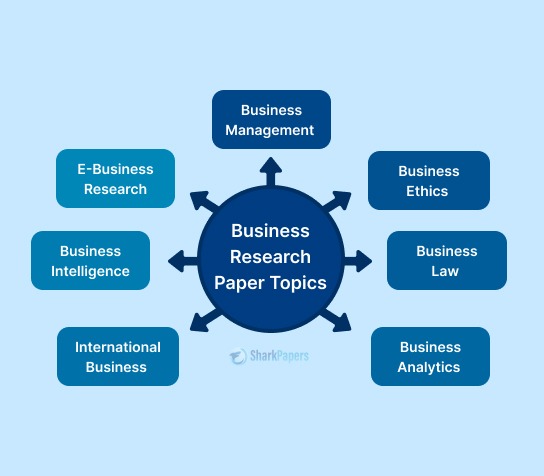
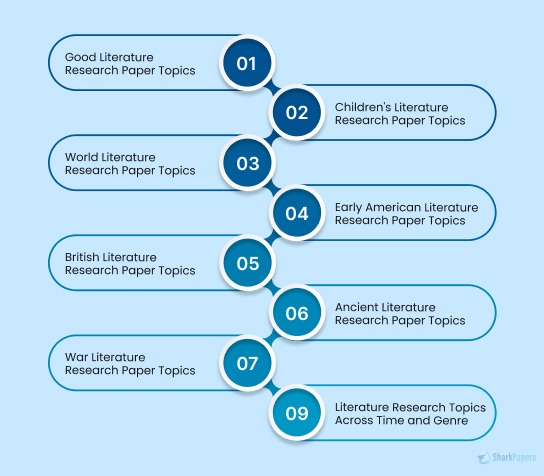
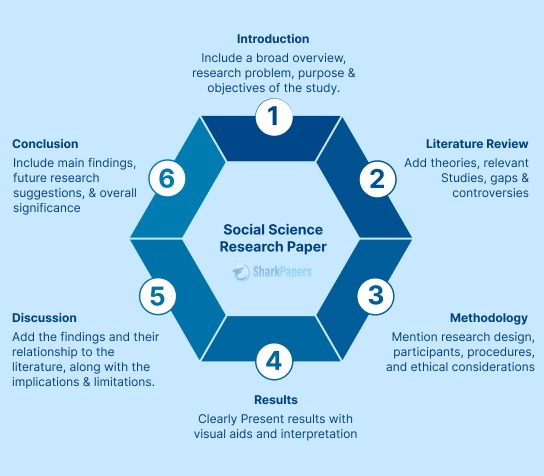
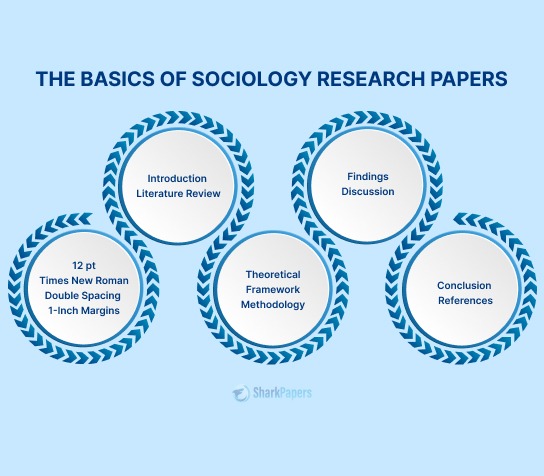
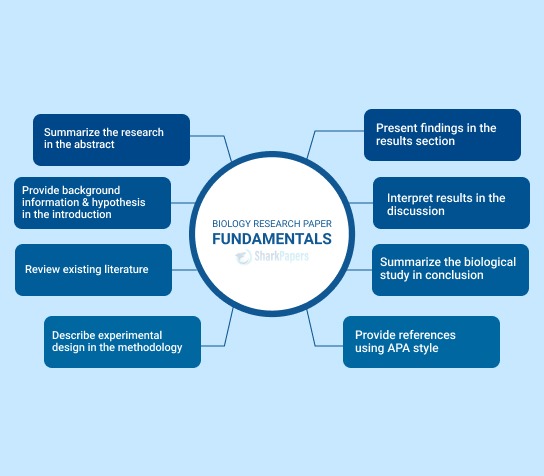
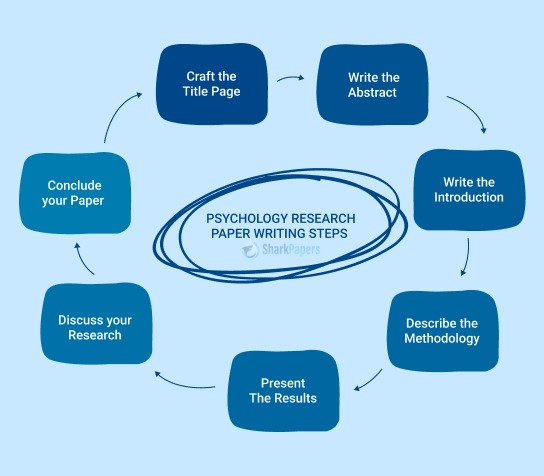
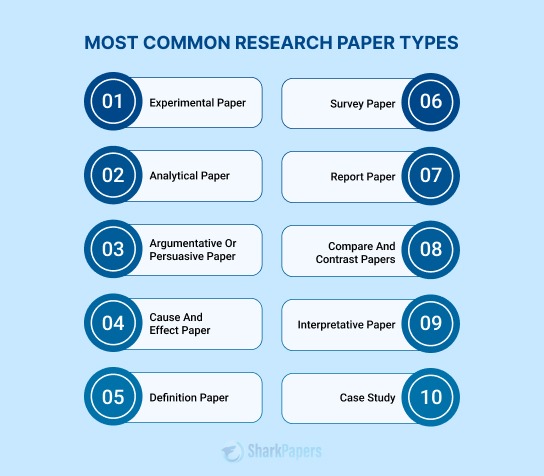

















-12114.jpg)














 Not seeing it? Check Promotions or Spam — inboxes get protective.
Not seeing it? Check Promotions or Spam — inboxes get protective.